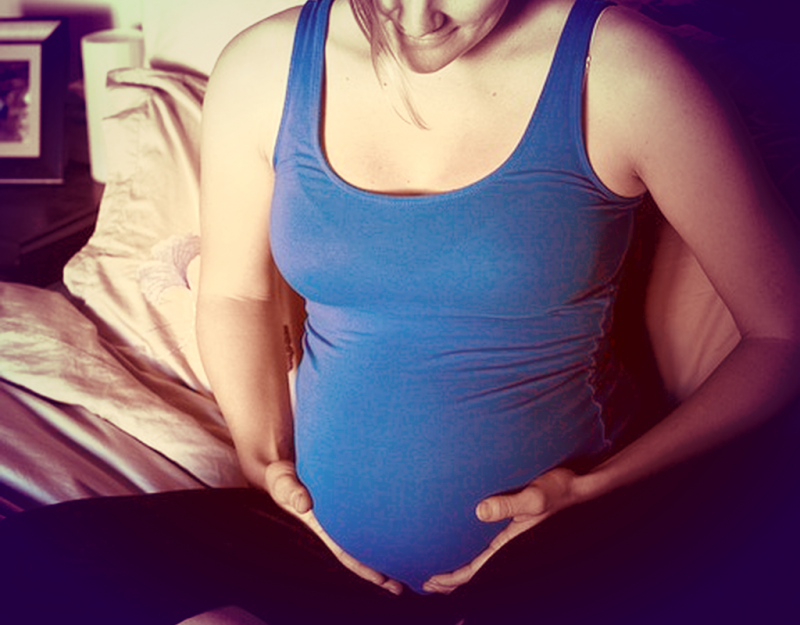Pre eclampsia is the most common complication of pregnancy with 5-10% of pregnancies being affected by the condition. Of these, 1-2% of women suffering from Pre eclampsia will experience symptoms severe enough to threaten the lives of both mother and baby.
Pre eclampsia usually develops in late pregnancy but it is possible to see symptoms after 20 weeks. It needs immediate attention to avoid the possibility of it progressing into Eclampsia, an even more serious and life-threatening condition that can cause seizures, coma and possible death.
Pre eclampsia is responsible for 5-10% of all premature births due to complications involving the transfer of oxygen and nutrients through the placenta to the foetus, which can ultimately compromise the wellbeing of your baby.
Symptoms of Pre eclampsia
- Irritability
- Headache
- Dizziness
- Blurry vision
- Fever
- High blood pressure
- Fluid retention that results in the sudden and extreme swelling of the face, feet and hands
- Little or no urine being produced
- Nausea and vomiting
- Abdominal pain just below the ribs
Who is at risk of pre eclampsia?
Some women are at higher risk of Pre eclampsia. These risks increase when:
- You are pregnant for the first time
- You are pregnant with twins or more
- You have a family history of pre-eclampsia
- You have a history of high blood pressure
- You have vascular disease
- You are diabetic
Diagnosis of Pre eclampsia
Because pre eclampsia is the most common complication of pregnancy, healthcare professionals look closely for possible signs of pre eclampsia at each regular antenatal check-up. Pre eclampsia could be developing if:
- Your blood pressure is significantly rising
- Proteins are found in your urine
As Pre eclampsia can develop quickly, it is important to be aware of the symptoms and contact your doctor if you are concerned in any way.
Treatment of Pre eclampsia
Pre eclampsia will resolve after delivery but symptoms can be treated by:
- Mild pre eclampsia can be treated with rest
- Medication may be needed to control high blood pressure
- Induction may be necessary – Pre eclampsia is responsible for one in five inductions and for one in six caesarean deliveries
This article was written by Ella Walsh for New Zealand’s leading pregnancy resource, Kidspot.







Leave A Comment
You must be logged in to post a comment.